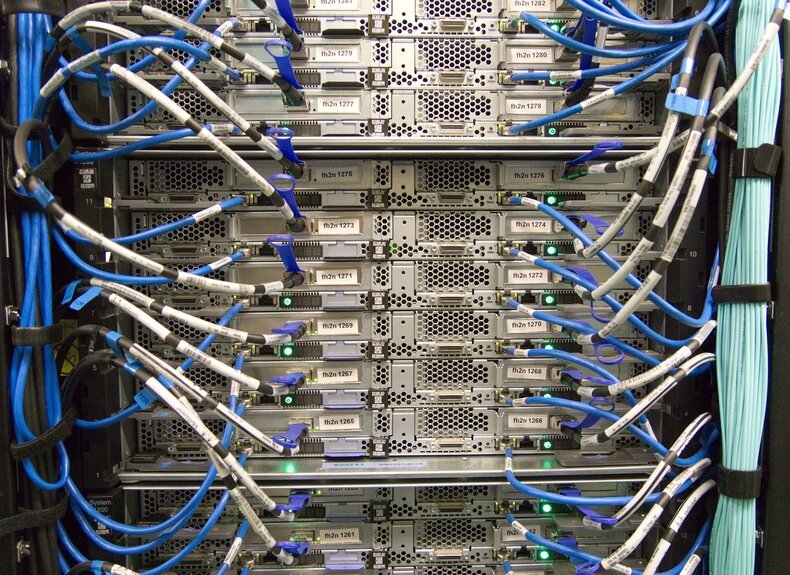Why Old Data Centers are Decommissioned?
Your company’s data center serves several vital functions for daily business such as data storage, internet settings, networking tools, shared data, and applications. However, there will come a time when your existing data system will need to be decommissioned. When you need to decommission a data center you should review a guide to data center decommissioning to make sure you don’t miss anything important. While certainly not impossible decommissioning is an involved task and one that has many steps. When you need to decommission a data center hiring outside experts can help smooth out the process and make sure everything goes as planned.
Building a functional data center can take s long time and once you have a system built up it can be hard to move on to a new system. In fact, you may wonder why you would want or need to change how your company handles data when you have an effective solution already in place. There are many reasons why you’d want to decommission your existing data center and implement a new solution.
Why Businesses Decommission Old Data Centers
- Age: a well-maintained data center can last for years unfortunately even well-maintained systems can become old and outdated. As front-end technology such as software and computing hardware improves sometimes the backend database equipment can’t keep up which requires a change to newer faster hardware to handle data center needs. Also, older systems can start breaking down requiring more repair and maintenance time, necessitating a change as soon as possible.
- Scope: as businesses grow so do their technological needs the scope of a business can change and the old data center may not be capable of responding to these changes. Some data centers are designed to work within certain parameters and company changes can cause a need these established systems simply cannot meet. A new more effective data center, or multiple ones, may be required to fit the scope of a company’s business. Some issues are not technological in nature such as an office shutting down or a company changing locations.
- Scalability: related to the above is companies in a growth market or industry. Some companies upgrade their existing data centers with the idea they will need greater access to overhead later. A scalable system can react to market changes such as rapid growth or gaining a foothold in a new market segment. This allows companies to react to industry need as it occurs without slowing down daily activity or running into issues integrating new information, applications, or systems.
- A Change in Technology/Cloud Computing: finally, with the growth of cloud computing and decentralized database systems some companies want to move away from traditional data center technology and methods. A larger company running many data centers can encounter data silos where locally stored information is not accessible to the entire company, creating a bottleneck you cannot have in the modern (and highly responsive) marketplace. Moving data centers onto the cloud can increase accessibility and responsiveness allowing employees to access company tools and information from anywhere with an internet connection and the proper access tools such as authenticators and VPNs.
Final Considerations
Staying at the forefront of the business requires innovation, and you have to be active in your business strategy not just reactive to what your competitors are doing. Those companies that simply react to what the industry leaders are doing will never be a leader in their industry. Part of staying ahead of the competition is having a responsive and data handling solution for your company’s information and IT framework. You have to be willing to make changes, even large ones, and hiring professionals to help you with your decommission efforts ensures your solution will be properly implemented.

